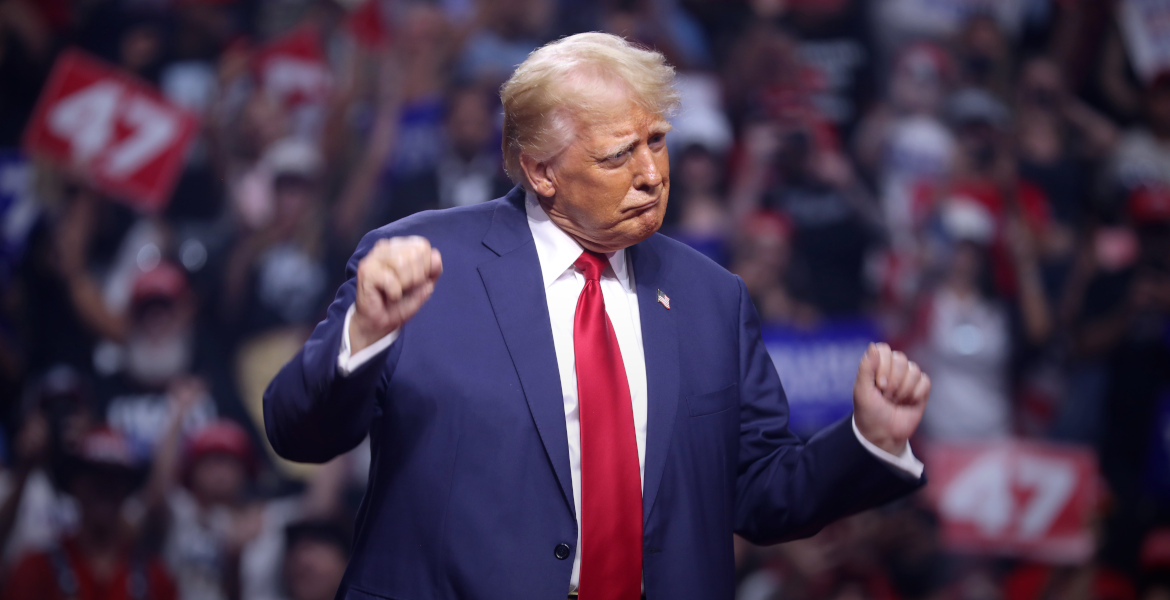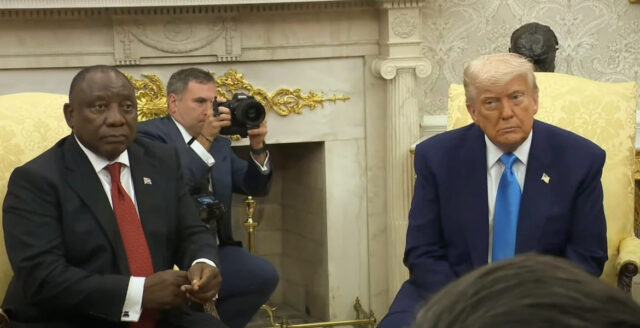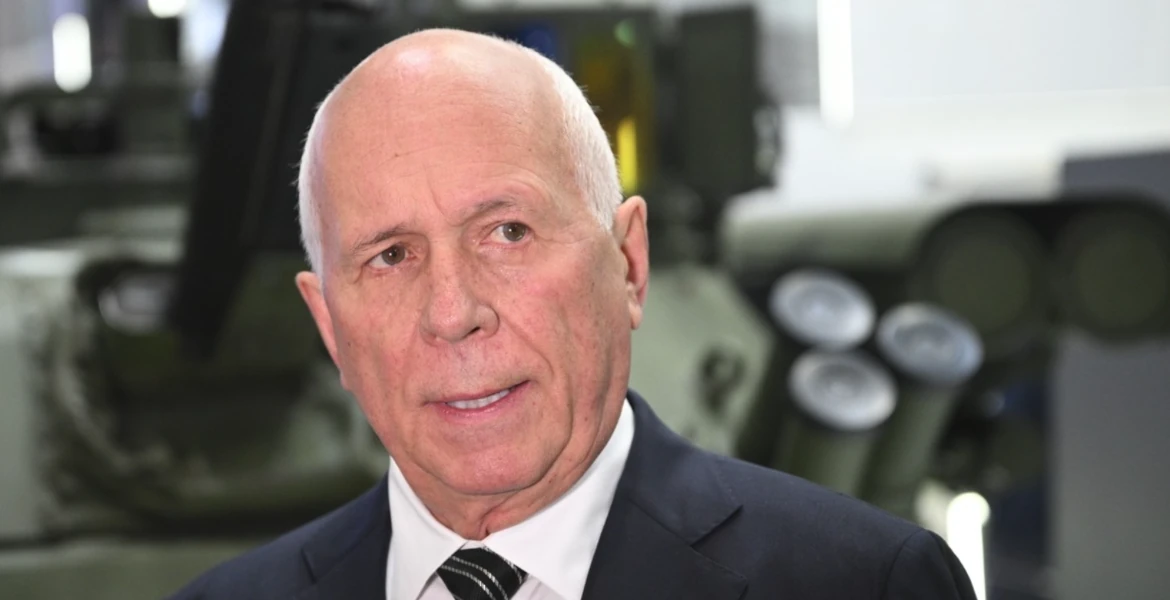New Zealand's parliament was forced to adjourn and vacate the premises on Thursday after representatives of the country's Maori party began a traditional war dance amid shouts and howls to protest a high-profile bill.
The protests were sparked by the libertarian party ACT New Zealand, which wants the Treaty of Waitangi, signed 184 years ago and a central part of New Zealand's laws and policies governing the relationship between the Māori people and the state, to be heavily reinterpreted.
ACT representatives say the aim is to strengthen the rights of all citizens and make them equal before the law, while Māori believe that the proposal, if implemented, would undermine the rights they have fought for over many decades.
Hundreds of Maori and their supporters have also started a nine-day protest march from northern New Zealand to the capital Wellington, where they are planning a major demonstration next week to show their opposition to the proposal.
Although the bill has passed its first vote, it is unlikely to gain enough support to become law and several parties have announced they will vote against it.
Here's a better angle that shows the @Maori_Party performing the haka right up in David Seymour's face.
He looks shit scared. https://t.co/VM0Qx76P34 pic.twitter.com/JdBe6B5GlR
— Nick (@StrayDogNZ) November 14, 2024
Tear up the bill
During a vote in Parliament, Maori MP Hana-Rawhiti Maipi-Clarke chose to ostentatiously tear up a copy of the bill as she and several other Maori began singing loudly and dancing the "haka" – a traditional war dance.
A moderately amused Speaker decided to temporarily suspend the vote and clear the chamber until the dancing stopped.
"The haka" was traditionally performed by Maori warriors before battle, using hand gestures, foot stomping, grunts and outstretched tongues to show their courage and strength – and to insult their enemies.
Parliament suspended after floor-shaking haka by Te Pāti Māori pic.twitter.com/K6FJkNLL7T
— Nick (@StrayDogNZ) November 14, 2024





